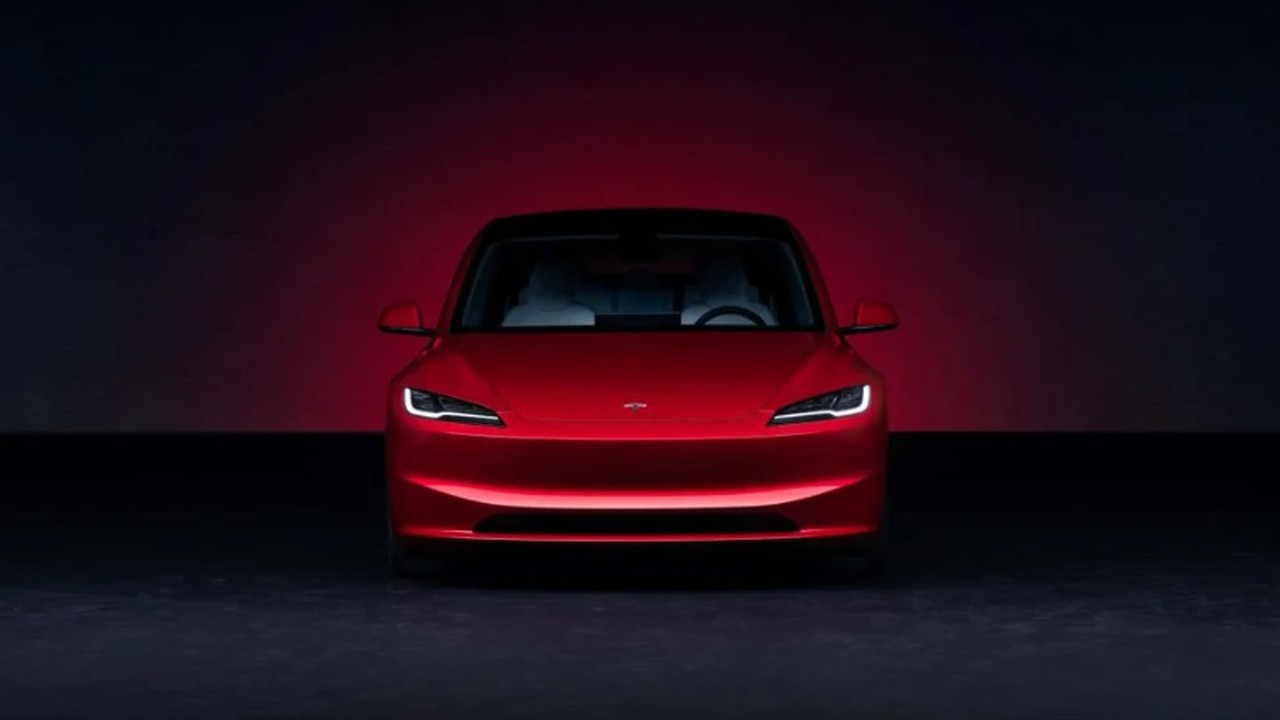You won't believe what Tesla is asking money for!
Tesla, known for some of the world's most popular electric vehicles, is charging for very interesting accessories in its new models.

Tesla, an innovator in the electric vehicle industry, is reportedly exploring a new strategy for its vehicle features. This approach could introduce a pay-to-use model for certain amenities in its cars. Insights from a prominent Tesla hacker, GreenTheOnly, who examined Tesla's latest software update, suggest that features like heated front seats and windshield wipers may become premium offerings in the new Tesla Model 3 vehicles.
Software-locking certain features is not a novel concept for Tesla. The company has previously limited access to specific amenities, such as footwell lights in the Model 3 or additional battery capacity in older Model S and X variants, making them available for a fee. This practice extended to heated rear seats in some Model 3 versions, although Tesla discontinued this in 2022.
You won't believe what Tesla is asking money for!
Tesla is now contemplating monetizing certain features in its vehicles, a move that aligns with its history of balancing cost and convenience. By potentially offering these amenities as optional extras, Tesla could reduce the base price of the Model 3, enhancing its accessibility. Simultaneously, this strategy might create a new revenue stream post-sale, further bolstering Tesla's business model.
This raises a critical question: Is Tesla setting a new standard for vehicle customization, or is it imposing a paywall that might diminish the user experience? Offering a lower base price with optional upgrades might attract a broader customer base. However, it could also lead to a scenario where owners feel burdened by additional costs for features that were previously standard.
An interesting find in the software update was the discovery of a software-locked battery capacity in the Model Y's Standard Range trim. Tesla has used this tactic before, possibly as a strategy to streamline production processes. Yet, it adds complexity to the ongoing debate about software-locking vehicle features.
Details about the implementation and potential costs of these features remain undisclosed. Tesla's track record suggests that the company may revisit and revise such decisions, as evidenced by the case of heated rear seats.
 Vivo V30 makes an appearanceMobile
Vivo V30 makes an appearanceMobile






